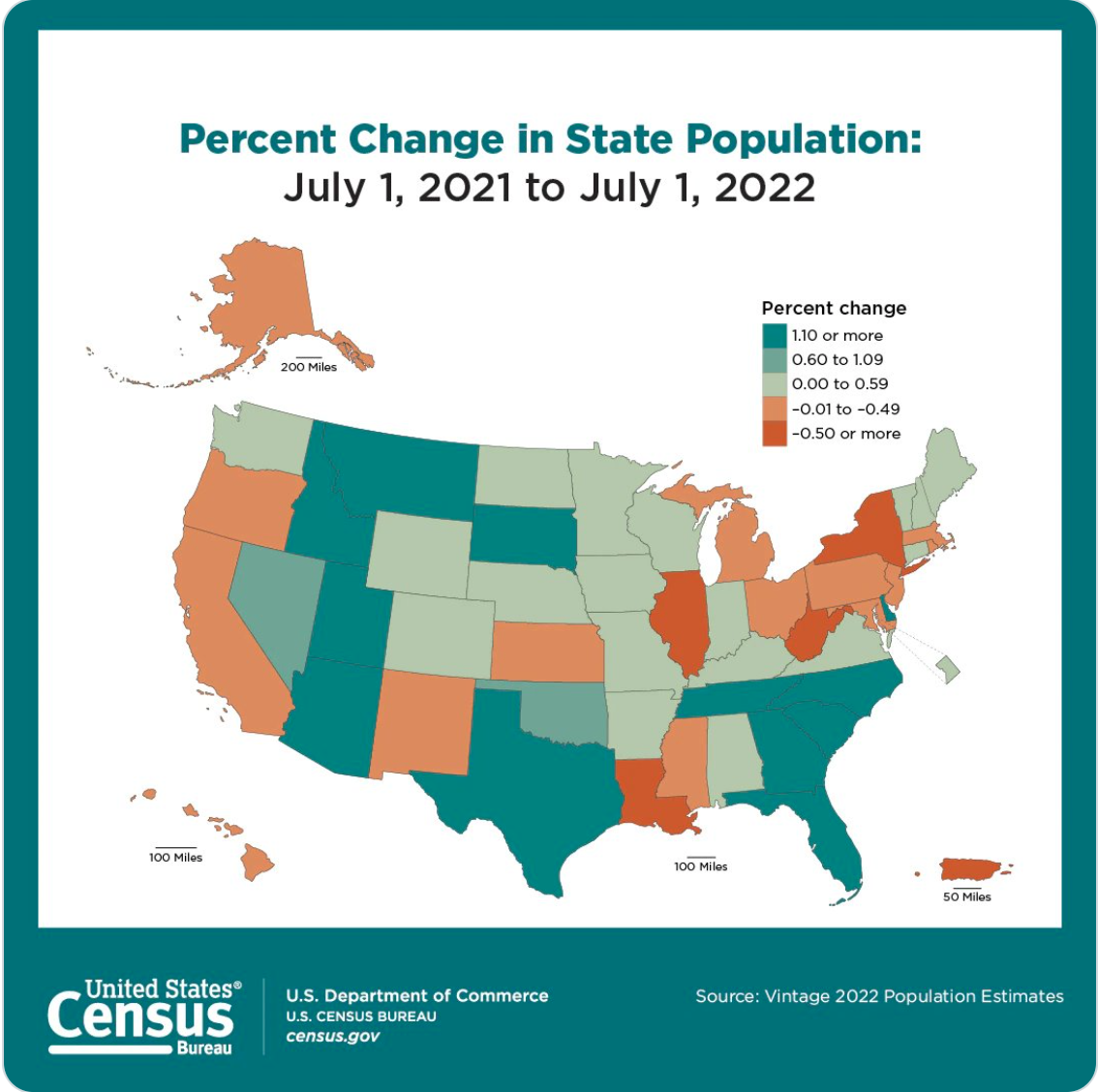It will be close if the legislature votes on whether to overturn Gov. Laura Kelly’s override of SB 22, and sources say the Senate will consider the prospect tomorrow. Known as the “windfall” bill, SB 22 would allow taxpayers who take the standard deduction on their federal tax forms to be able to itemize on Kansas forms, and businesses won’t be taxed on foreign income, which hasn’t been done in the past. The itemization aspect would prevent an estimated $60 million annual increase on indviduals; the business provisions would prevent a $137 million increase next year and a little over $50 million annually thereafter.
SB 22 as amended by the House also reduces the sales tax on food from 6.5 percent to 5.5 percent beginning October 1, with an annualized tax reduction of about $67 million. Another provision allows the state to require retailers to collect sales tax on Kansas sales even if the retailer has no Kansas presence, which is estimated to bring in about $33 million each year.
The net tax reduction would be $205 million next year and about $140 million thereafter.
Kelly vetoed the legislation last week, but Americans for Prosperity-Kansas and other groups are urging lawmakers to override the veto.
“The people who don’t vote for it are voting for a tax increase. Period,” said Jeff Glendening, executive director of AFP-KS.
Two-thirds of the Senate and the House will have to vote to override Kelly’s veto pen. When it originally passed the Senate, 26 Senators voted in favor of the legislation. Only 24 Senators voted in favor of it by the time the House made the changes on food sales tax and internet sales.
Sen. Mary Pilcher-Cook, a Shawnee Republican, voted for the initial SB 22 proposal, but voted against it after the House made changes. She is one of a handful of Republican Senators who voted against the majority of the GOP members in the body.
“SB 22 was simple, straightforward, important legislation that would ensure Kansans didn’t receive an unintended tax increase as a result of the federal tax cuts passed in 2017,” Sen. Mary Pilcher-Cook said in a statement of her vote.
She said the reduction in food sales tax and adding internet sales taxes should be considered separately.
“SB 22 was meant to stop an unintended tax increase. It makes no sense how this is accomplished by adding a tax increase,” Pilcher-Cook’s statement reads. “These are the kinds of games that infuriate average Americans who follow the political process. We should keep it simple and straightforward so the public knows exactly what battle is being fought and why, so they can weigh in and be a part of the debate.”
Three Senators will have to change their votes, as overriding Kelly’s veto in the Senate will require 27 votes. If it’s successful in the Senate, the House will require 84 votes.
According to House Majority Leader Dan Hawkins, that will be a tall order.
“It’s a tough one,” Hawkins said. “If we don’t do this, we’re going to affect a large swath of businesses here in our state. If we want to be known as a state that’s open to business, you’ve got to be in favor of passing this.”
Seventy-six House members agreed when the House passed the proposal on March 8. Five members missed the vote, and groups like AFP-KS are working to persuade others to change their minds.
Rep. Charlotte Esau, an Olathe Republican, voted against the bill, though most Republicans in the House supported the measure. She said her vote was a reluctant no. Like Pilcher-Cook, Esau said the amendments to raise internet sales taxes and reduce food sales taxes should be considered separately.
“Taxpayers and business owners, whether individuals or corporations who provide thousands of jobs in my district and county need the adjustments and freedom in this bill, and I support avoiding an unintended state tax increase created by the changes in the federal tax code,” she said.
Hawkins didn’t want to wager on whether the Kansas Legislature could overturn Kelly’s veto on SB 22. Regardless, he said, the issue isn’t going away in future legislative sessions.
“It will keep coming back, probably in different forms, maybe see what we can take out or add to bring more people on,” Hawkins said. “I think we’re going to keep trying.”
Glendening said AFP-KS isn’t likely to let the issue drop in the future either. If the legislature fails to override Kelly’s veto, AFP-Kansas will continue educating the public on the merits of aligning the Kansas tax code with recent federal tax cuts.
“People understand when you say your legislator is voting to raise taxes,” Glendening said. “That tends to get them fired up.”




